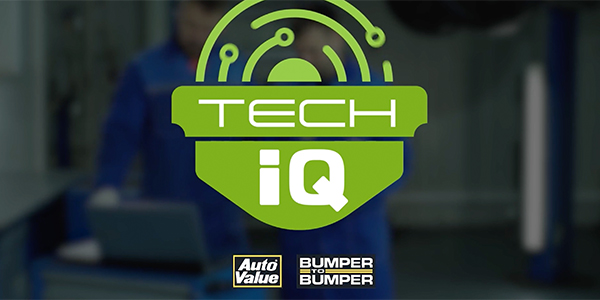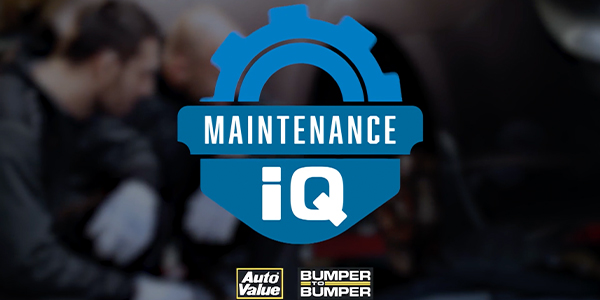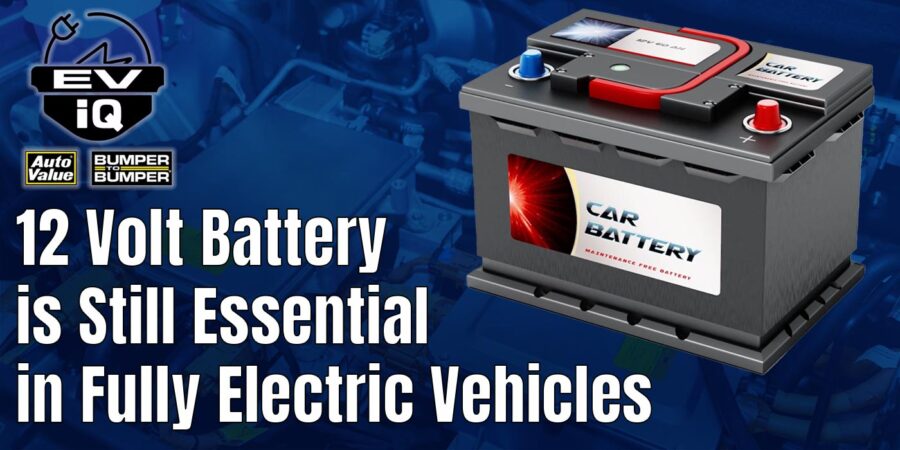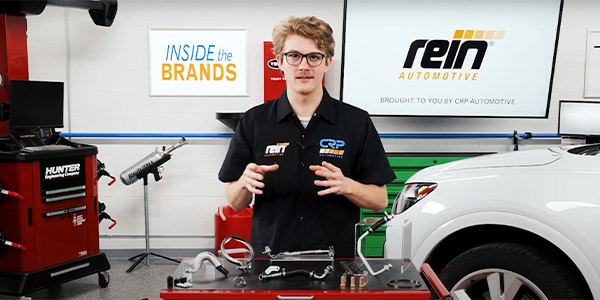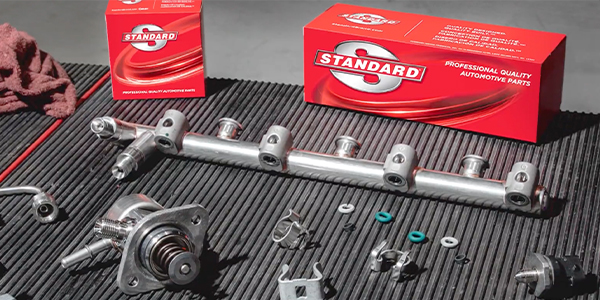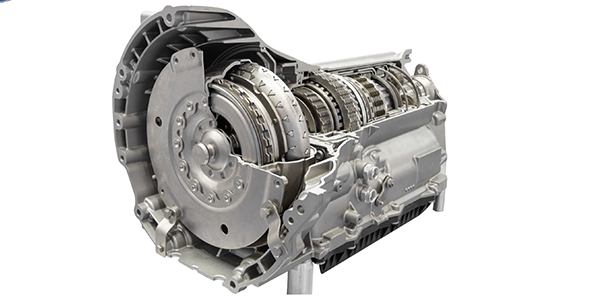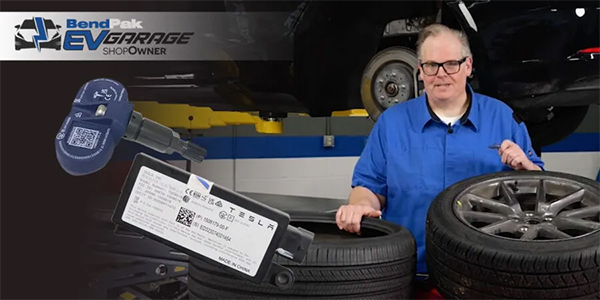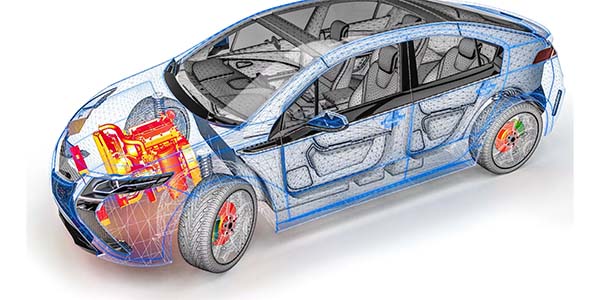Everyone understands that when they’re filling their car’s gas tank they’re providing the fuel that powers their engine. But what many don’t understand are the cleaning properties that gasoline provides. For more than a hundred years, gasoline served as a solvent that cleaned the intake ports and exhaust valves on carbureted and port fuel injected engines.
But today’s direct fuel-injected engines don’t get the same benefits of gasoline’s cleaning properties. Modern systems atomize the fuel, spraying it directly into the combustion chamber in a much for efficient manner, creating much more power and significantly less pollution.
So where is the problem?
The engine’s intake valves use seals to keep oil that lubricates the camshaft or rocker arms from running down their stem and dripping into the intake port. Experts say, however, that no matter how good those seals may be, a tiny bit of oil still makes its way past and runs onto those intake valve stems. Without gasoline washing them clean, that oil can bake onto the valve and accumulate into carbon buildup.
This carbon can get so thick that it actually interferes with airflow through the intake port or even enough to prevent the intake valve from sealing properly when it closes.
Chunks of those deposits can then break off and fall into the cylinder where they can jam the piston rings, leading the engine to burn oil that sneaks past these obstructed rings. Drivers who rarely check their oil levels – and let’s be honest, that’s most of us – may find that their engine with jammed piston rings could deplete its oil supply before its next oil change, causing engine failure.
Experts say some modern engine designs are simply more prone to intake valve carbon buildup than others, and they can form quickly, within as few as 20,000 miles.
While they may believe that high-quality gasoline with good detergents is their best option, your customers may not understand that even gasoline that helps keep fuel injection systems clean won’t do much about carbon buildup. The gas never touches the intake valves because it gets injected into the combustion chamber downstream of the intake valve.
Instead, customers can address the source of the problem, with a full-synthetic motor oil, specifically formulated with additives to reduce carbon buildup more than other oils. A modern engine compartment is extremely hot, so that oil has to be able to withstand oxidation, thermal breakdown and degradation, or that oil can form deposits over time.
Certain vehicle models have been identified as having a greater potential for carbon buildup on the intake valves and manufacturers are working on better engine designs. Until the problem goes away, you can do your customers a favor by recommending the best full-synthetic motor oil for their needs.
Wear resistance; friction reduction; viscosity stability over time; the ability to disperse pollutants in the crankcase and keep the engine clean; and the ability to resist high-temperature breakdown – these are critical features. Visit teamvalvoline.com to learn more about modern motor oils. Now, more than ever, it’s critical that your customers use an engine-oil-viscosity that’s recommended by the vehicle manufacturer for their specific needs.


